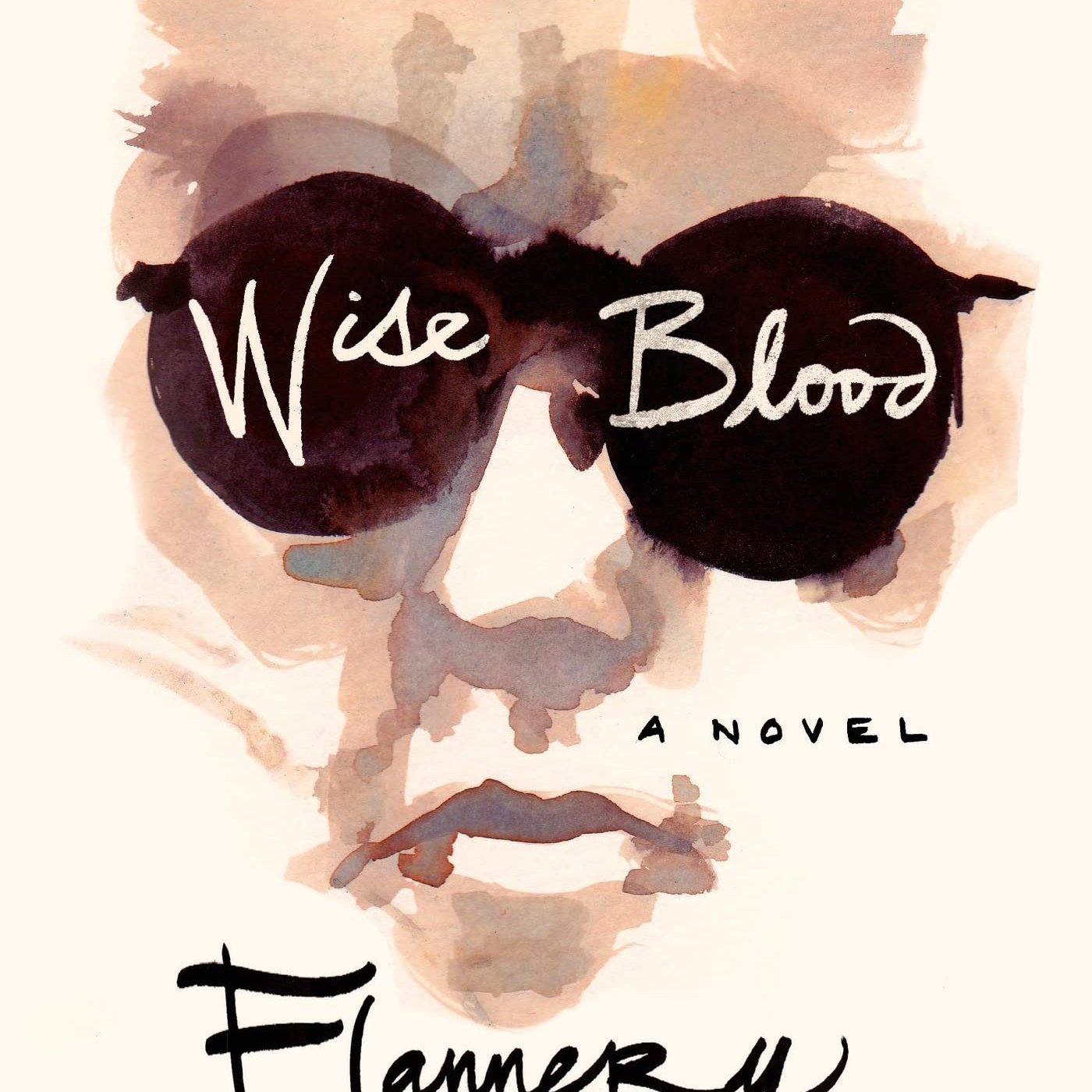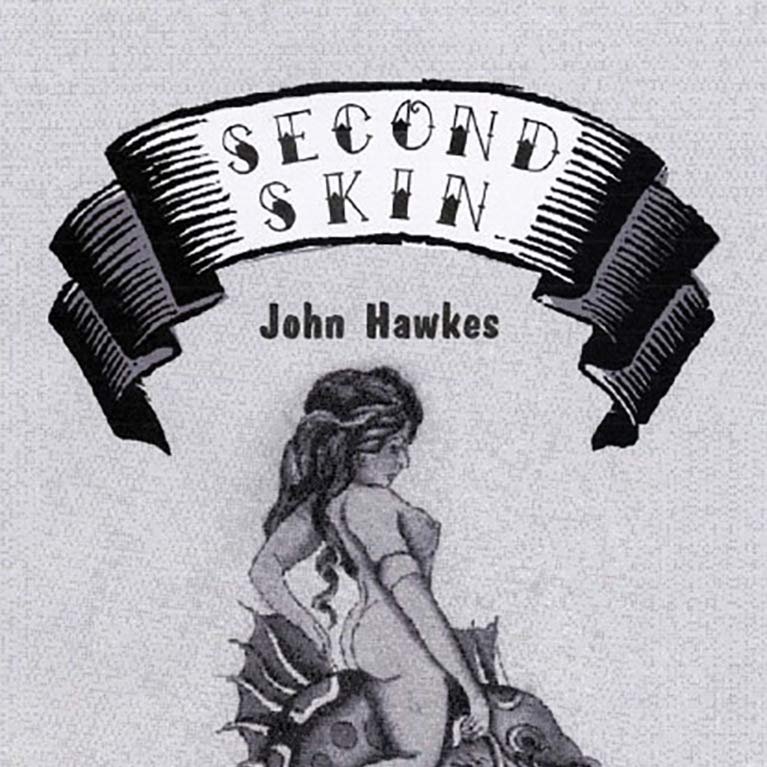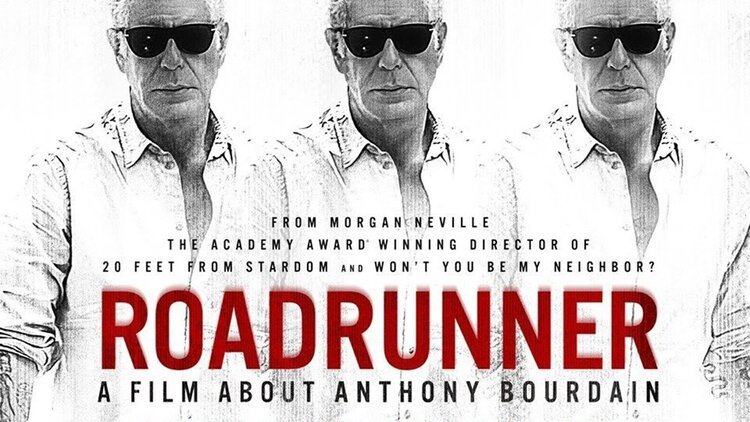How to Save Your Life in Four Not-So-Easy Lessons
This month's back-to-school newsletter is titled How to Save Your Life in Four Not-So-Easy Lessons or Everything I really needed to know I'd learned by 1964…
In 1900, Joseph Conrad's novel Lord Jim came out and taught us that a single failure of nerve at a crucial moment in our youth -- if we can never find the way to forgive ourselves -- will not only haunt us but will also control our every move and decision throughout our entire brief and unhappy existence.
In 1937, Katherine Anne Porter's short novel "Noon Wine" came out in her collection Pale Horse, Pale Rider and taught us that we need to find a way to reach our own conclusions about who we are, because -- when things go really wrong -- we're going to find out that people mostly see us the way they need to, and the person in the mirror is the only person who truly knows us for what we are.
In 1952, Flannery O'Connor's novel Wise Blood showed us that what we are taught about God as children often becomes so hard-wired inside of us and so cumbersome, binding and even life-threatening, that even if we can find help, the cure can be almost worse than the disease.
And in 1964, John Hawkes' ill-fated hero Skipper, from his novel Second Skin, taught us that one way to make our lives even harder and more punishing than leading the passive existence of a loser is to trade that life for the brutal, wounding and ultimately worse life of a pacifist-turned-warrior who decides to start dealing out the punishment for a change.
The Hunger Artist: This month I’m recommending Roadrunner about Anthony Bourdain, the celebrity travel writer, who rose to fame by writing an expose about the high-end restaurant world, left that world for the chance to become a celebrity video tour guide to the world’s out of the way exotic cuisine, then left the world, period, at age 61 by suicide. The movie documents Bourdain’s obvious reluctance to heed the call to adventure of his hero’s journey. That’s nothing new, since the hero always refuses the call the first time.
But then a mentor appears (his agent and CNN) and a quest is begun for a sacred elixir. Then come tests, allies and enemies, an “inmost cave” experience, and then the supreme ordeal that ends in attainment of the elixir. It’s worth watching to try to figure out what the elixir is that Bourdain is questing after and why it isn’t enough to sustain him through his inmost cave and supreme ordeal. Is it possible there wasn’t one?
For any new readers: My new novel, Tania the Revolutionary, is available on Amazon for Kindle and paperback or Barnes & Noble for eBook.




